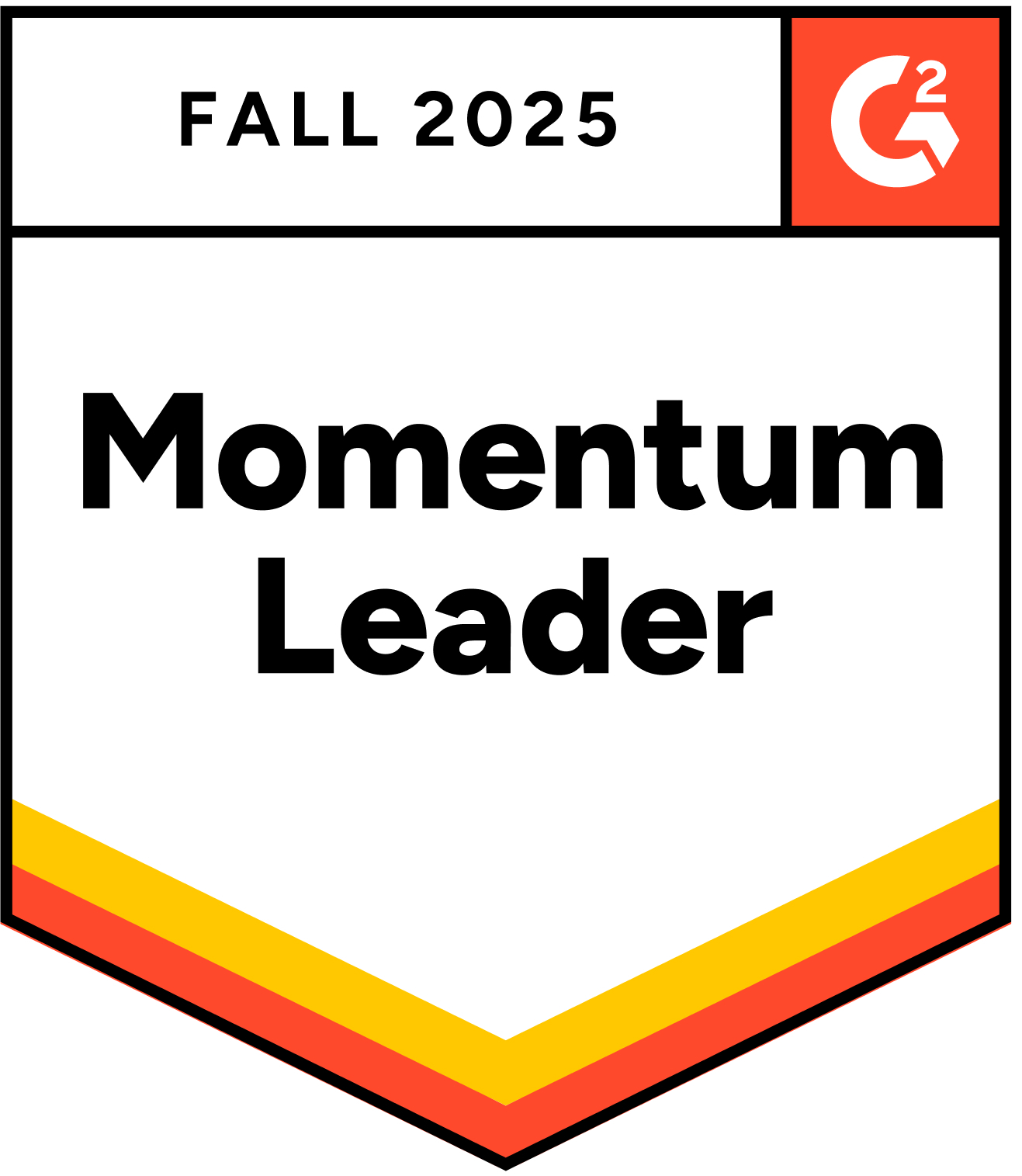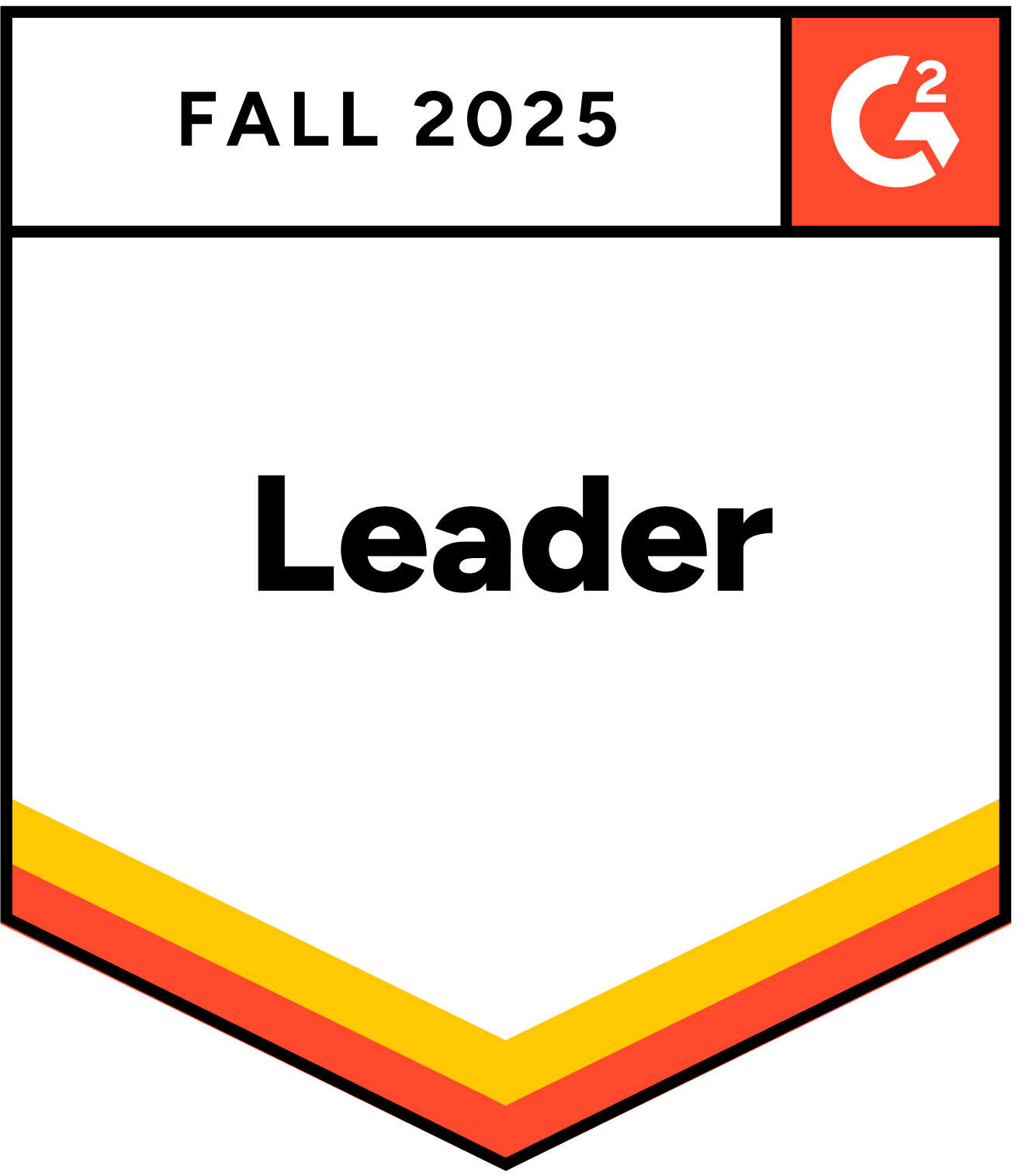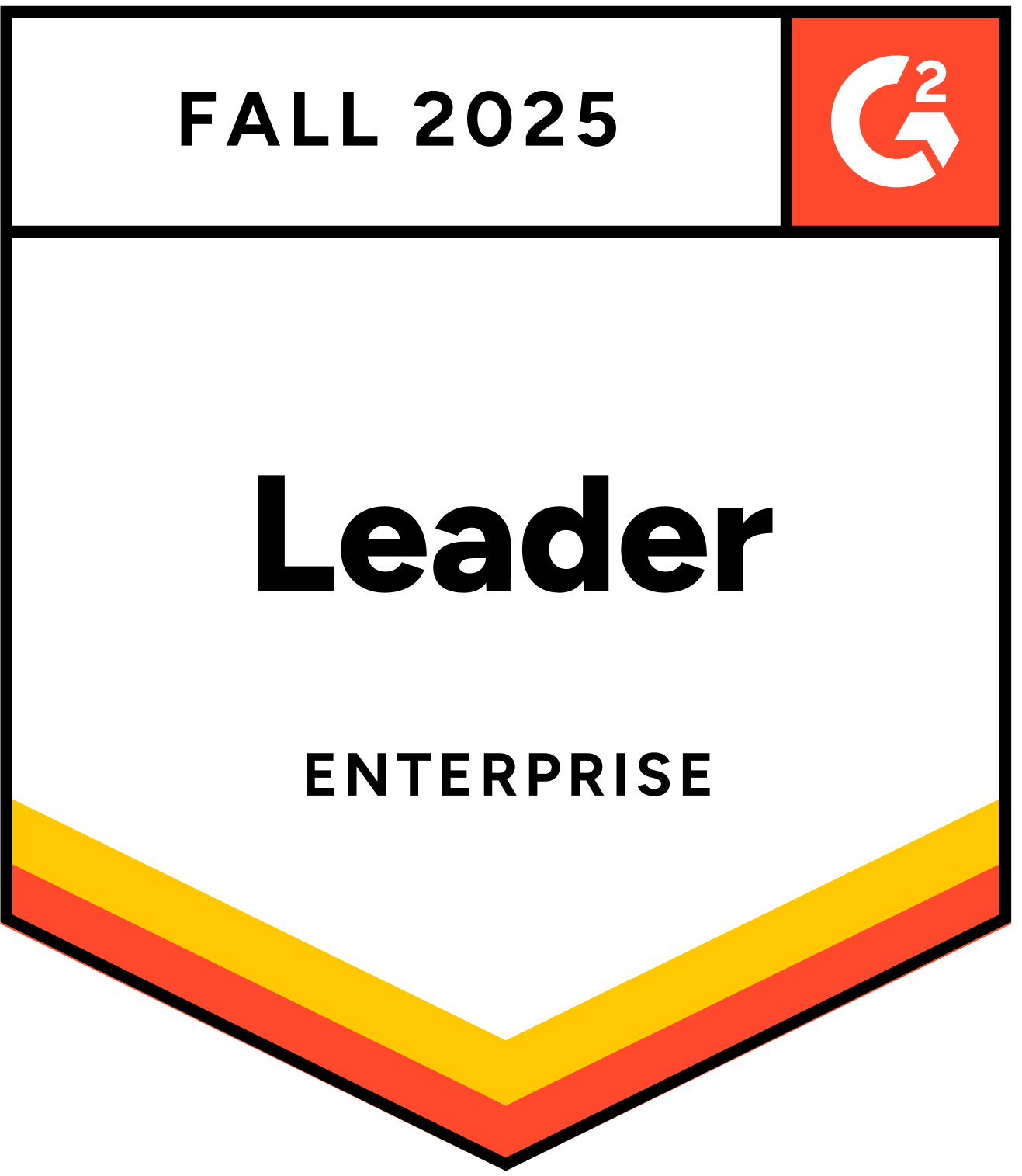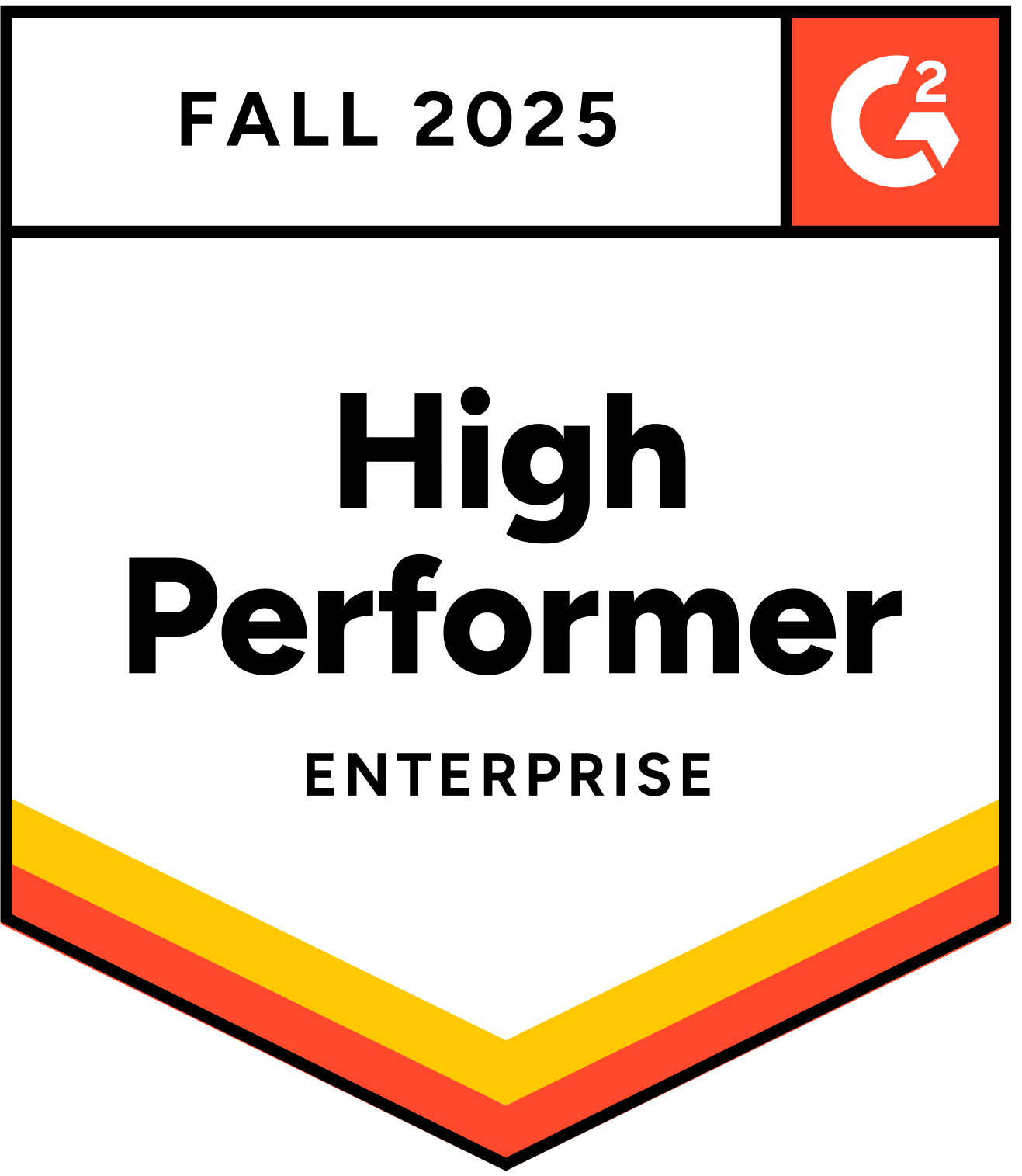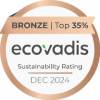After two decades in recruitment, one truth stands out: fixing this industry isn’t just about better technology; it’s about people. Real individuals, each with unique lives, ambitions, and untapped potential. Technology, when used thoughtfully, amplifies the ability to connect with and empower these individuals.
For too long, the industry has talked endlessly about “candidate experience” while making the process increasingly frustrating for job seekers.
The system expects people to become search algorithm experts. Jobs get posted where companies want them, not where candidates live. Hiring managers create titles based on internal jargon rather than how real people search. Data shows 70% of people apply to the wrong job within a company while a better-fit position with higher hiring chances exists elsewhere in the same organization.
This systemic failure undermines the industry’s most basic promise: helping people find meaningful work.
Consider how consumer platforms have already solved this problem. Amazon anticipates needs before customers express them. Netflix serves up precisely the right content. These companies understand intent, behavior, and preference with remarkable accuracy. The same AI exists for recruitment—it can analyze skills, match preferences, predict fit. The platforms to reach people where they already are – LinkedIn, TikTok, wherever – exist today. If consumer brands can do this to sell products, the same precision should connect people with life-changing opportunities.
Part of the problem lies in how the industry thinks about candidates. The term ‘quality applicant’ needs to die. When someone gets labeled ‘not quality, it’s not just inaccurate, but cruel in a sense. Every person has strengths and capabilities. The recruiter’s role isn’t to judge human worth but to identify individuals where someone’s strengths align with opportunity. Someone either fits a specific position’s requirements or they don’t, but their value as a person should never be questioned through careless industry jargon.
This belief – that there’s a right job for everyone and that technology should facilitate that match respectfully – drove the founding of Joveo. The company operates on a simple principle: 4 clicks → 3 applies → 2 shortlists → 1 hire. Not 400 clicks or 1,000 applications. One clean funnel that respects everyone’s time.
The current model relies on volume – posting everywhere, collecting hundreds of applications, sorting through endless resumes. It exhausts recruiters and demoralizes candidates. But intelligent job delivery and continuous optimization can create a different reality where the right opportunities reach the right people naturally. When this works, quality increases, costs decrease, and candidate experience transforms from a pain point to a strength.
Building a company that challenges these industry norms reveals hard truths about organizational growth. At 15 people, everyone knows each other’s names and culture happens organically. At 75, faces remain familiar. Past 100 employees, the dynamics fundamentally shift. As Chris Himes from Indeed observed, leaders must learn and unlearn constantly as organizations grow. Culture doesn’t trickle down automatically. Alignment requires intentional effort, and success demands surrounding leadership with trusted individuals where integrity drives trust and competency drives confidence.
The journey of building something meaningful teaches resilience. Companies face near-death moments – missed payrolls, unexpected crises, last-minute saves. These experiences reinforce that both triumph and failure are temporary. What matters is maintaining focus on the overall trajectory while understanding that what observers call overnight success actually represents countless unseen steps, failures, and adjustments.
Joveo’s aspirations remain straightforward: create a fair, frictionless process that treats every job seeker as a human being with unique potential, not merely a resume in a database. Build systems that enable talent acquisition teams to demonstrate measurable business impact. Transform recruitment from a cost center into a strategic function that recognizes its fundamental truth – behind every successful company are great people, and behind those people are hiring decisions that changed everything.
The goal isn’t perfection but progress. Making those crucial hiring decisions better, more human, and more effective – one match at a time.
Curious what the rest of our leaders have to say? Explore the full series on YouTube.
Video Transcript
Jennifer: Here with Founder and CEO, KJ. You have 20 plus years, I know there’s more experience than that, leadership at Monster, MoBol, is that right? Indeed. You founded Joveo with the purpose of delivering the right job to everyone. It’s a modern day acronym. You’re passionate about solving the most difficult problems in this space. And we’re gonna talk a little bit about growth, innovation, emotional resilience, and what’s next for Joveo.
KJ: Awesome. Looking forward to that.
Jennifer: So KJ, you’ve been solving big problems in recruitment marketing for years. We met way back for a blip in time when you were at Monster. What are some of the most critical challenges you are focused on solving and why does it matter?
KJ: As a community, as a talent acquisition attraction community, we have been wanting to solve for candidate experience. All goodness comes out of it. If the candidate experience is truly looked at, at the deep end, then everything will fall in place, from better conversions, lesser spends, people’s life would change, people would find their jobs easily. They would find the job where they belong to, where they’re happy. And if I start breaking this down from both an employer and job seeker side, we have done every single thing possible for humankind to make it difficult for a job seeker, not just to find a job, to find the right job, to apply to the job, and then basically throw them in a black hole and they never get to hear back. Right? We’ve been talking about it forever, but have you really solved for that? You expect a job seeker to go to a job board and find a job, really? Are they the experts in the searches? Why can’t you put a right job in front of the right people? 70% of the people apply to the wrong job in the same company. So they already find the company they want to work for, they apply to a job, not the job they’re most likely going to get hired to. You post a job in a location where you believe the candidate needs to go do work, but do you advertise a job where the candidate lives? Have you ever tried to even think about how candidate searches for jobs and use the right kind of titles or right kind of content so that the job shows up in front of them? We are so much into this pull mechanism of using a job board. Have you really truly thought about using AI and intelligence to push a job in front of the right person? On social media, if I say so, or TikTok or LinkedIn or wherever it is, because let’s be honest, right? Consumer marketing is so far advanced that they know everything about us. They put the kind of object in front of us that we know is the right one for us. So if that technology is so advanced, why can’t you use a small piece of it and use it for doing something good to the humankind that’s putting the right job in front of the right person? And I think as a community, we have kind of constantly failed in doing that. So we talk the talk, we don’t really walk the talk, if I may say so.
Jennifer: Yeah, I like that a lot, because if you think about it, people always talk about what they do, right? How my job and the pros and cons of their current role, right? If marketing can hear you when you’re talking about a product and serve it up to you or whatever else, why wouldn’t a job be served up to you in the same way? That could get really interesting. That should. High time. Yeah, I like that. You’ve grown Joveo from the ground up. As the company has grown, how has your role changed and how have you navigated the shift from hands-on building to leading a global team?
KJ: I think it’s a constant cycle of unlearning and learning. You know? After my first company’s acquisition by Indeed, I used to report to the then Head of Product, and Technology and Marketing, I think. That was Chris Hyams, I swear I’m not really exactly sure what all he covered, he covered so many bases. And he told me one thing that as the organization grows, the CEO needs to learn and unlearn all the time. So what, imagine, right, if you’re a 15, 20, 30 people company, you know everybody by name. You’ll have a relationship with everybody. You would have a friendship, you’re hanging out together. Now it grows to, let’s say between 75 to 100 people. Well, you don’t have personal relationship with everybody, but you’d know them by name. The moment it starts going beyond, you don’t even know who works in what team, right? So now how you deal with a company and organization where you cannot have a direct personal impact, what do you do to kind of address that? So that’s been a part of the learning curve, looking inward, building a culture. You can’t just assume that if you exhibit a certain style or “how” of doing things, the team is automatically going to get. Now there is an effort that goes in making that happen. You have to surround yourself with players, your executive team where you have a high level of trust and confidence and the competency and the integrity both, right, competency leads to confidence, right? And integrity leads to trust, that they will percolate the message and how do you constantly kind of drive that outcome? You have to make a certain effort to be on the ground level, not just solving problems with your lowest level of team members, but also interacting with them, giving them a sense of what you do, how you do, so that they can learn from you. So there’s a lot that goes on in doing that. It’s not rocket science, it’s truly common sense.
Jennifer: One of the key things you have introduced at Joveo is our 4-3-2-1 strategy. How does this model help deliver ROI and in better outcomes for our clients and customers?
KJ: I’m a big fan of Lord of the Rings, one ring that rules them all. So if could there be one ring, one formula, one statement that if people just want to think about that all the time, automatically their actions, the conversations they’re having, the reasoning behind what they’re doing can automatically solve for. Could you make decision making in a company 100 times more in line with the way you would make a decision? So what is that one ring? And this 4-3-2-1 is that one ring, right? Is there a world, and I imagine there is a world out there where just by doing such a great job of not just putting a job in front of the right person, but taking care of the entire conversion cycle, that there could be a time where we would perhaps, as talent acquisition leaders, think that there could be four clicks, three applies, two shortlists and one hire eventually. Right now it looks like more like 400 clicks to a hire or 1000 clicks to a hire. So the endeavor is always that whatever we do, can we improve that? And the byproduct of that is quality improves, cost decreases, everything that we talk about as our solution, as a solution to a problem, automatically takes place.
Yeah, I think that would be great to be able to get to that space. I think that’s a lot of change in talent acquisition, hiring manager thought process and mentality. But as we get more advanced in technology, thinking about you don’t need a thousand people to click, 400 people to click. You don’t need to talk to a hundred to get to that one that’s going to get to the job. To be able to do a four, three, two, one would make one, time more efficient. But if you can find that quality upfront. Yeah, and I know that the whole industry thinks about qualified application or quality application. Qualified is still the right word. Quality is not the right word. If I were to ever tell you, you’re not a quality applicant. Am I telling you that you’re not a quality person? I think that’s very demeaning. You can be relevant to a job, not relevant to a job. Sorry, qualified for that job? And the way I think about it is, it’s our job to find the right job for you, for every human being out there, and put that job right in front of that person. Because every human being is qualified to do something right. They all have one major power. You just have to know what that is and match them to the right job.
Jennifer: I love that thought. Yeah, that’s a great thought. Because it is. It is, you know, when you think about, are you a quality applicant for that job versus you have a quality. And then where would you do well? How do you find the job that you’ll excel? I think that’s a great thought. Looking ahead, what are your aspirations for Joveo? How do you see Joveo shaping the future of talent acquisition?
KJ: My aspiration for Joveo, my aspiration for Joveo is twofold. One is do it right by the applicants, candidates, the humankind that’s out there, which are gainfully employed. And the second one is do it right by my team. How do you think that will shape also… What do you see from Joveo shaping the future of talent acquisition? What does that look like? I think we just want to, how do I say right? I want to make a dent in the universe. When I was younger, I would think I would change the universe. I want to make a small little dent. I hope we make that dent – is every single step of the talent attraction and acquisition process, we are able to bring constant intelligent optimizations, automations to make the life of practitioners easy. To have them become the business driver. Because let’s be honest, right, the business leaders out there in the world, right, they don’t talk about TA function. But every single CEO out there, and I would be remiss if I did not say that, who does not think about, who does not fear the best people in the company leaving the jobs, and how can they find the best? So it’s a front and center. How can we make TA central to a CEO’s dashboard? That they become business critical, and we should get to a place where our companies are growing or their companies are growing because they were able to get the best talent, all the time. So if we could ever get to that place where companies can start seeing their P&L, top line, bottom line, growing because how wonderful TA has done the job, that would be an amazing day.
Jennifer: Yeah, that’s great. As a serial entrepreneur, you likely define success differently at various steps. What does success look like for you today?
KJ: So success for me is a very personal thing. For me, it’s getting better at everything I do. Reflection, understanding where did I go wrong? If I want to be my harshest critic, so if I get better, I learn something professionally and personally every week, every day is not getting possible anymore, but every week if I could do that, that’s success for me. I believe the only path to become best in the world or to be the most successful person in the world is not trying to want to be the best, is trying to be better every single day. The compounding things play out. Usain Bolt may have ran for no more than, let’s say, 10 minutes in his life, but they could be, I’m not sure, 10,000 hours or Michael Phelps, right, the all-time highest gold medal winner in Olympics, right, he didn’t become what he became. He worked, whether he was sick or not, whether it was Thanksgiving, New Year’s Eve, tragedy in the family, he was training every single day and looking at getting better, and in the process of getting better, there are some good and bad days. It’s a trend line that matters. So for me, I define success like that, and I also define success of Joveo like that. Just make sure that keep on learning from your mistakes, keep on doing right by the client. There will be good days and bad days, as long as the trend line is going up.
Jennifer: Yeah, I like that answer. Because it is, what, 10,000 hours to greatness or success? Something like that, yeah.
KJ: Yeah, something is that saying, and you have to be there and just practice it every single day. Imagine, right, you put so much effort, so much effort in trying to climb a very, very tall mountain. You would trek for days and weeks, but how much time do you really stay at the peak? Few minutes. Yeah. So it’s that journey, what you do in that long arduous journey, it’s a marathon, step by step, right? You falter somewhere, you take a wrong path, you know, course correct all the time. Then you get to the top, and people look at, when you get to the top and say, “Look at overnight success” there’s nothing like overnight success. Entrepreneurship is a roller coaster. How do you stay grounded? I always look at my worst times. I think back about them. I don’t let the success get onto my head, neither the failures deter me. If I may, I’ll tell you a short story. I was going through a really, really bad time in the first startup. We didn’t have money to do our payroll, and there were seven days left. And one of my good friends, she was running an agency, of course, that’s a story afterwards, that instead of paying us $10,000, she made a credit card payment, wrongfully so, of $100,000, and that rolled us over. Now, but while I was going through that four, five days of extreme stress, my brother called me. And he said, Well, you know, I’m going to tell you a story, and it’s going to take a couple of minutes. There was a king, and he was the most powerful king known out there, and he was going out to every single kingdom and said, I’ll go to any land, and that land is mine. And no king will oppose him. And he eventually was taking a group of a large piece of his army, not the entire one, and going from place to place, and he was far away from his country, and there was a coup, and slowly and steadily, he started losing people, and he eventually got to a place where he had just a handful of comrades left with him. And army was, or enemy was, kind of encircling from all sides, and he got to a kind of a cliff, and edge of a mountain, and there was one tree, and there was a wise person meditating under the tree. And he told the wise person: My moment has come. I’m about to die. Share with me some wise words so that I can pass from this life to another life easily. And the wise person opened his eyes and said, “You’ll be fine.” And the king said, don’t make fun of me, please. Come on, tell me something. He said, No, no, everything will be fine. You’ll be better than anything else you’ve ever been. And he kept on insisting, and eventually, the wise person said, Hmm. He wrote something on a piece of paper, put in a small little box in a locket, put it around his neck, and said, okay, when you are, gained everything that you lost, and much, much more then open this locket. And by the way, look around, there’s still a way out. And so he looked around, and he found a very secret passage to go down the cliff. So he escaped, he regrouped with his men, and put them together, and started winning it back, and he got his kingdom back. And now, he got emissaries from far from places where nobody existed, and the people were paying respects, and, you know, displaying allegiance to him. And he was sitting in this huge courtroom, and he was sitting over there, and everybody, everybody in the world was there. And he was reminded of the time that the wise person, the saint, told him. He opened that locket. And what was written in that is: This too shall pass. And I think that moment I realized, time is a continuum. Good and bad times both pass, so this too shall pass. So that saves me from it.
Jennifer: Yeah, I like that. That’s a really good thought, because I always think about, I call it a pit, a point in time. Everything is just a point in time. If you can get out of that pit, everything’s gonna be fine, and you will always come out on the other side. Whatever you do. You always do.
KJ: Yeah, absolutely.
Jennifer: How can people get in touch with you before we go into rapid fire questions?
KJ: My email, [email protected], and I like to use my weekends to just talk to people who want to talk to me. If I can help someone in their journey in some fashion, more than happy to do that.
Jennifer: You’re amazing. I love to talk with that and just sharing your insights and your journey and everything you’ve learned around the way. So that’s much appreciated it, I know, by a lot of people. Rapid fire Q&A, you ready?
KJ: All right.
Jennifer: Trail running or deep sea diving or none of the above? What keeps you grounded?
KJ: Trail running. It’s just that after so many years of running, many of us are starting to give up. So maybe I’m gonna shift to deep sea diving, but trail running yeah for sure.
Jennifer: Yeah, that would be a fun adventure, deep sea diving. That would be seeing all the things under the sea.
KJ: Yeah, I’m an advanced open water technical diver and I hope one day I can take this as a full-time job and be an instructor. Yeah, that would be amazing.
Jennifer: Yes. You’d be great at that. A product or tech you wish you would have invented?
KJ: I would love to invent. You know, I grew up watching Star Wars and Star Trek. There was a Star Trek also where you can just, literally move from a point A to point B and within a matter of seconds. And I would love to invent something like that. I think there is a work that’s going on. People have got to a level of one atom or molecule where they have been able to move that from point A to point B. But then it deconstructs every single thing and puts it back together. And if it doesn’t come back together, it comes in a different form. But yeah, that would be very cool. I would love to do that.
Jennifer: That would be very cool. Just kind of a fun side thing when I was young. We lived on a third story apartment, right? In the apartment building. And we had this old, it was a chair for like a pool chair kind of thing that the legs were broken off of. I’ll tell you how that happened later. But I used to sit in that and imagine I was flying all over the world visiting different places. That would be so point A to point B.
KJ: You know, that would be so cool. And if not that, oh, I have, I think of so many things I would love to do. Time travel would be amazing. I would love to go back and meet a few people just to just see them and hear them. That would be amazing.
Jennifer: Yeah, that would be really cool. To be able to time travel. Most meaningful moment in your founder journey?
KJ: The moment then when you solve a problem, it happens a lot of times. When you truly have a ‘ahah moment’, and say, wow — this will move the needle. And inspiration comes from so many places. Somebody just said something. You notice something somewhere. The client said something, I was like, oh my God, there’s so much you can learn from the clients if you just listen to them intently. And those moments is what makes it all worth the while.
Jennifer: Yeah, that’s a great one. One word to describe the future of recruitment marketing.
KJ: Human-centric. Yeah, I think that’s so important as we look at how the world is shaping out and things becoming so automated, being surrounded around humans and being human-centric. You can use AI as much as you want, but more so now, don’t lose a focus on the human.
Jennifer: All right, that’s our final questions. Thank you for spending time, KJ. Thank you so much.



